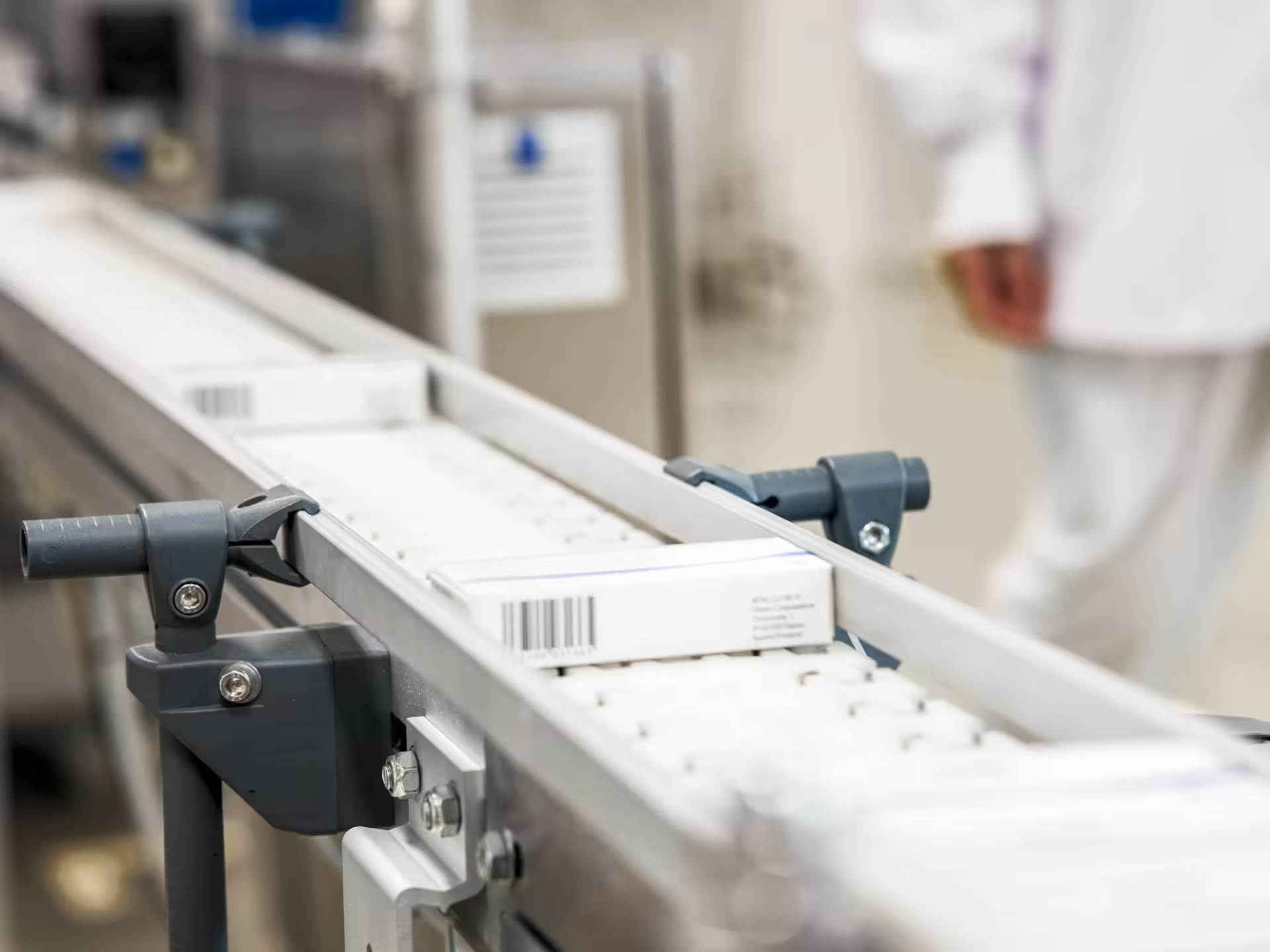Efforts to stop biodiversity loss
We are committed to maintaining biodiversity. Orion is working to ensure that its business operations and value chain do not contribute to biodiversity loss.
The full impacts of the pharmaceutical industry on biodiversity are not yet known. At Orion, we work to increase our understanding of the causes and scope of the most significant impacts of our own production operations and the operations of our partners. Orion started the process to identify biodiversity impacts in the value chain in 2022, and this work continues in 2023. We monitor and contribute to the development of tools related to biodiversity.
To solve the crisis related to biodiversity loss, the focus must be on cooperation between sectors, rather than on individual measures. We are involved in the Chemical Industry Federation of Finland’s working group on biodiversity and its initiative to achieve nature positivity in the chemical industry by 2045. The goal is to stop biodiversity loss and create a positive trend in biodiversity by 2045.
Minimising emissions from pharmaceutical production
The environmental impact of pharmaceuticals is a growing global problem. Some medicines degrade slowly in nature and can have adverse impacts on living organisms. At Orion, we work continuously to minimise the environmental impacts of our own operations and our production chain.
In the manufacture of our medicines and other products, we strive to ensure that the raw materials and other materials we use are produced in the most sustainable way possible. The manufacture of pharmaceuticals is a chemical process industry. The solvents and chemicals used in the process may cause harm to biodiversity when released into bodies of water. The wastewater released from the processes may also contain pharmaceutical ingredients. We treat our production wastewater carefully, and our process is based on separate drainage systems. Orion actively reduces the impacts of wastewater by assessing the associated risks and improving processes.
Green chemistry plays a key role in reducing the negative impacts of the pharmaceutical manufacturing process and the life cycles of medicines on biodiversity. Green chemistry aims for the use of safe and environmentally friendly raw materials, in addition to ensuring that as much of the raw materials as possible are contained in the final product. Orion applies the principles of green chemistry in pharmaceutical research and development and the manufacture of pharmaceutical ingredients.
Measures are also needed during the use of medicines
The impacts of the use of medicines are also important in terms of biodiversity. While medicines are crucial for human health, pharmaceutical residues released into nature through household waste and wastewater in particular can cause damage to sensitive ecosystems. To better understand the environmental risks associated with pharmaceutical residues, new pharmaceutical ingredients are assessed before they enter the market. We engage in active dialogue to investigate for solutions to reduce the environmental life-cycle impacts of medicines and improve the sustainability of the pharmaceutical sector.
Some of the pharmaceutical residues ending up in nature are caused by the inappropriate disposal of medicines. We advise consumers to dispose of expired medicines appropriately, by returning them to the pharmacy. An example of this is the Drug-free Baltic Sea campaign, organised in Finland in 2018–2022, in which we were involved in cooperation with operators in the pharmaceutical and environmental sectors and decision-makers.









